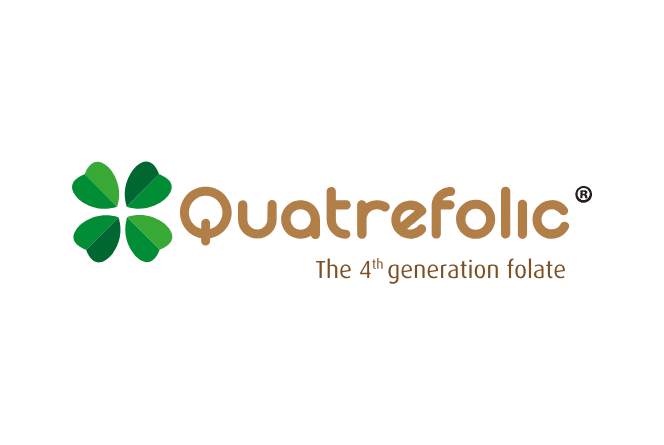SAMe and Breast Milk
Metabolites from the one-carbon metabolism pool are crucial for infant development, including S-adenosylmethionine (SAMe), states a recent study based on the new metabolomic approach.
In the recent years, this new science, based on the identification and quantification of small molecules present in our biological systems, has rapidly growing, with interesting and forefront perspectives.
This new analysis on biofluids published by Lerin et al., ‘Revisiting One-Carbon Metabolites in Human Breast Milk: Focus on S-Adenosylmethionine,’ has demonstrated that SAMe concentration is significantly higher in breast milk compared to the other biofluids, with
a 44-fold increase compared to maternal plasma and 12-fold increase compared to cerebralspinal fluid (CSF).
To scientists’ knowledge, there are no previous reports of SAMe concentration in breast milk, with the exception of their previous report in the same cohort.
Why is SAMe Found in Breast Milk Important?
The group of researchers, among them Teodoro Bottiglieri, one of the leading scientists in the one-carbon metabolism field and Head of the Center of Metabolomics (Dallas, TX), discovered that the SAMe levels in maternal and adult plasma are not significantly different, suggesting that the high SAMe content observed in milk is derived from breast tissue and not circulating plasma.
SAMe is the principal methyl-group donor in metabolic pathways. Given its high concentration in breast milk, it is tempting to speculate that SAMe may be a crucial nutrient in infant growth and development and may play an essential role during early stages of life.
SAMe is required for most transmethylation reactions in the organism, including phosphatidylcholine, polyamine, and carnitine biosynthesis, as well as DNA and protein methylation.
Phosphatidylcholine is an important metabolite in breast milk for neurodevelopment.
Moreover, the study highlights that the concentration of SAMe in breast milk is close to peak plasma concentrations following oral administration of enteric-coated SAMe-tosylate tablets.
This may provide some assurance that levels of breast milk SAMe may not increase substantially after oral supplementation.
Even though further studies are required to determine the effect of repeated chronic oral supplementation of SAMe, these data are particularly important as breastfeeding mothers may use oral SAMe supplementation to help to avoid post-partum depression, as standard
antidepressant therapies are viewed as being harmful to the infant.
Moreover, the study conclusion highlights the need to better investigate the role of SAMe in breast milk and opens the venue for revision of milk formula compositions.
Adonat® Premium SAMe: Future Perspectives
“Studies conducted over the last five decades have unequivocally established the key role of SAMe in the cell metabolism and functions of all living organisms. This natural methyl donor is involved in more than 100 biochemical pathways and its supplementation is widely suggested to benefit mood and brain function, liver and joint health,” said Lorena Carboni, Product Manager of Adonat® Premium SAMe by Gnosis by Lesaffre. “As a leader in the production of this nutritional ingredient, we seek to promote and explain its science to help consumers and manufacturers discover its benefits and fields of application.”
“The study of metabolomics may in fact represent a new way of understanding how this substance is used by our bodies and suggests that there is still much to be discovered,” she added.
Deep Dive Into SAMe
Research studies over the past five decades have unequivocally established the importance of S-adenosyl-L-methionine (SAMe). An endogenously produced compound that plays a critical role in cellular metabolism and function, SAMe is second only to ATP as the most important molecule in cell biology.















